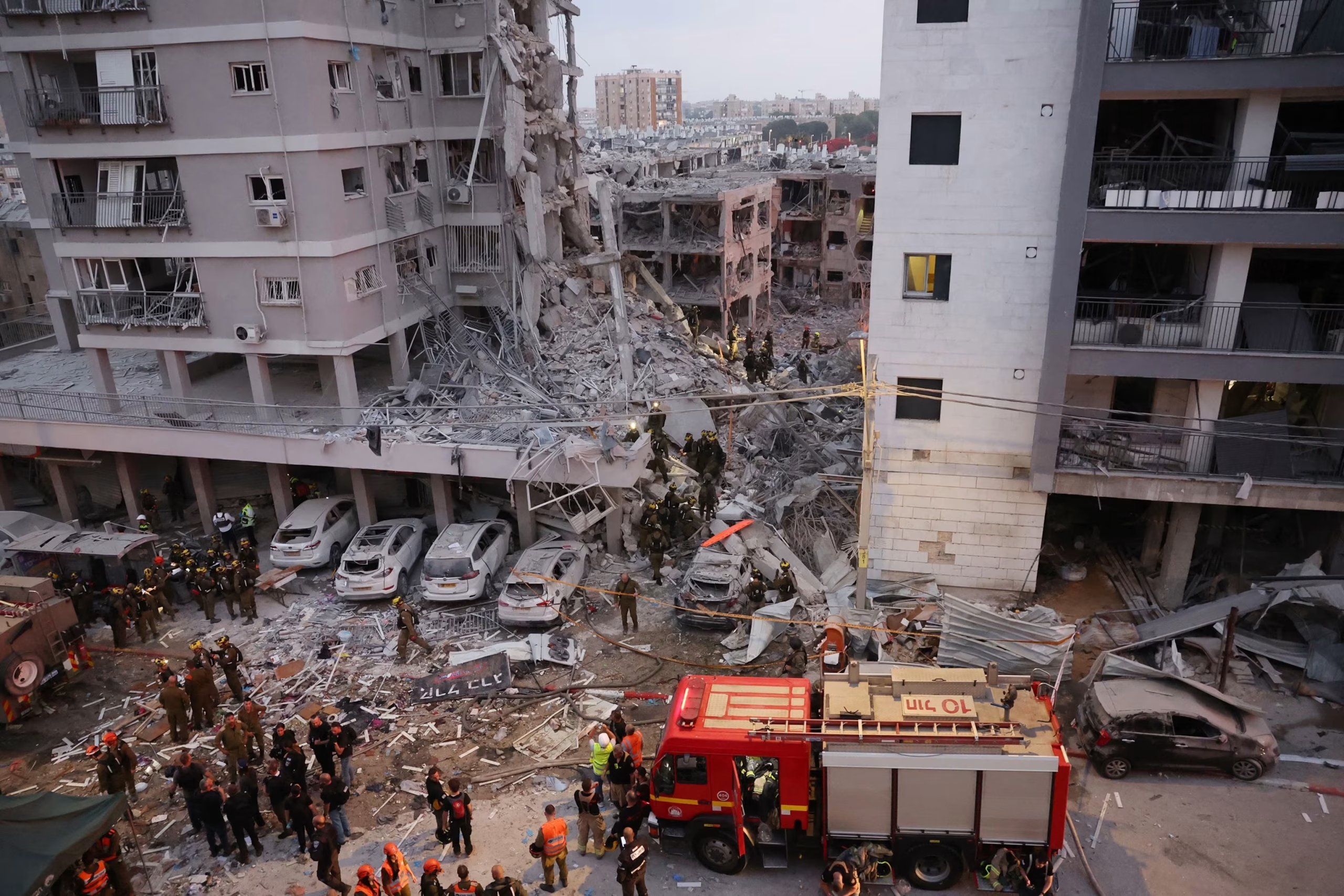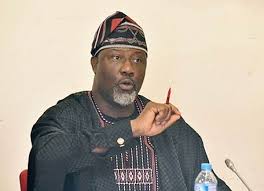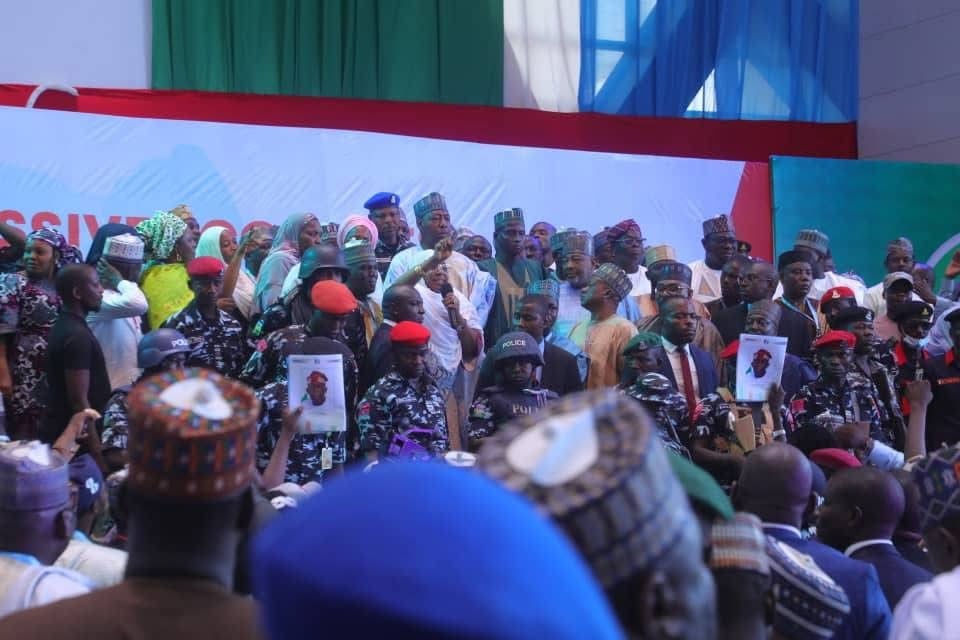According to a statement released by Israel’s Foreign Ministry on Sunday morning, Iran unleashed a deadly round of strikes on Israel overnight, leaving at least eight people dead and more than 200 injured.
ABC News reports that the massive attack, which officials say is “unprecedented in scope and intensity”, is the most recent and significant development in the two fierce regional rivals’ fast worsening conflict.
According to reports, a flurry of drones and ballistic missiles fired from Iranian territory and regional allied proxies were used in the strikes, which started late Saturday and lasted into the early hours of Sunday.
“Preliminary reports confirm eight fatalities and over 200 people injured, some critically, as a result of direct hits and secondary explosions,” the Israeli Foreign Ministry said in a statement. Emergency responders and hospital officials confirmed that many of the wounded were civilians, including women and children.
The majority of the missiles were intercepted by Israel’s Iron Dome defence system and a multi-layered regional shield coordinated with allied nations, but some projectiles managed to get past Israel’s air defences, causing casualties and damage in parts of Jerusalem, Tel Aviv, and the Negev region.
Shortly after the strikes, Israeli Prime Minister Benjamin Netanyahu called a security cabinet emergency meeting in Tel Aviv. He promised a “forceful and calculated response” in a televised speech, saying, “This act of aggression will not go unanswered.”
In reference to recent Israeli bombings in Syria and a previous attack on an Iranian consulate facility that resulted in the deaths of senior Iranian commanders, Iranian state media characterised the attack as “a legitimate response to Zionist crimes”.
The European Union, the United States, and the United Nations have all called for moderation, stating that the tit-for-tat attacks run the risk of starting a full-scale regional conflict. U.S. President Donald Trump reiterated America’s support for Israel’s security while denouncing the Iranian strikes.
The most recent events, according to a Middle East analyst, represent a risky turning point that could attract other regional players, such as Hezbollah in Lebanon and extremist groups in Syria and Iraq.
Diplomatic channels are rushing to stop further escalation as the death toll rises and the world watches in fear, but for the time being, Tehran and Tel Aviv both seem ready for more conflict.








Leave a Reply